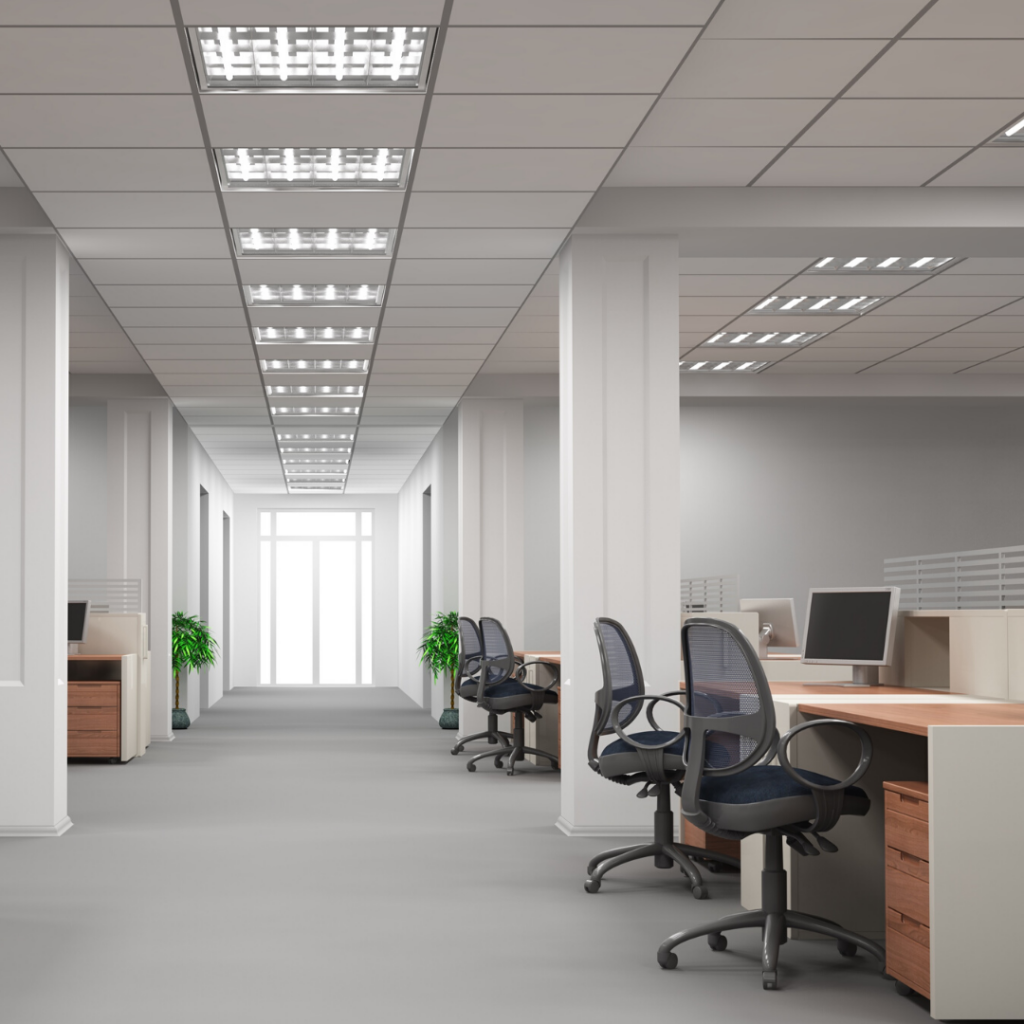
Published 16 March 2020, The Daily Tribune
The challenges faced by businesses have become a new front in the battle against the 2019 novel coronavirus (“COVID-19”), which has recently been declared as a pandemic by the World Health Organization. Workplaces worldwide have seen a sharp increase in the number of workers going on leave, or being isolated and quarantined. Worse, retrenchments and business closures have been resorted to.
In the Philippines, it has been said that the termination of 300 Philippine Airlines employees is just the beginning of the bigger adverse economic effect of COVID-19. Up to 7,000 job cuts in the next 6 months are anticipated.
In the midst of this unprecedented time, the Department of Labor and Employment (“DOLE”) has released guidelines to help businesses cope up with the challenges brought about by COVID-19.
Labor Advisory No. 04, Series of 2020
Under Labor Advisory No. 04, employers are directed to implement the following precautionary measures at the workplace: (a) providing information about COVID-19 to their workers; (b) cleaning and disinfecting work areas; (c) providing soaps and sanitizers in all washrooms and toilets; (d) avoiding and reducing direct exposure of workers to anything that may possibly carry COVID-19; (e) ensuring that food for workers is properly cooked; (f) reminding workers to stay healthy and keep a clean workplace; and (g) monitoring the health of workers, particularly those with flu symptoms and those who travelled to other countries affected by COVID-19.
In the event that a worker is suspected to have been infected by COVID-19, the employer shall (a) provide the worker with a face mask; (b) isolate the worker immediately in a separate well-ventilated room; (c) refer the worker to the company healthcare provider or nearest local health center or hospital for tests; (d) report the worker to the Department of Health (“DOH”); (e) comply with the DOH recommendations on the management and transport of the worker; (f) observe respiratory precautions; and (g) disinfect the work area. In case of workers who are sick but not suspected to have COVID-19, employers must advise them to stay home, rest, and seek medical care.
Since employee absences cannot be avoided at this time, employers are likewise advised to consider the following arrangements:
- For workers who are requested to stay home or who are served a quarantine order by their employers, their leave of absence may be charged to their annual sick or vacation leave credits, if there is any. If their leave credits have been used up, they may be granted leave of absence without pay. Employers, however, are encouraged to grant additional leave with pay. The employers and workers can also come up with mutually agreed upon arrangements for the worker’s absence.
- For workers who need to take care of their children or parents afflicted or suspected of having COVID-19, or choose to stay away from work due to contact with a confirmed or suspected COVID-19 case, employers are encouraged to grant time-off, which may include use of leave credits, if any. For those who have used up their leave credits, leave of absence without pay may be granted.
Labor Advisory No. 09, Series of 2020
To help avoid business closures and employee terminations, employers are likewise advised to consider and adopt flexible work arrangements, including, among others, the following:
- Reduction of Workhours and/or Workdays – Normal work hours or days per week are reduced.
- Rotation of Workers – Employees are rotated or alternately provided work within the week.
- Forced Leave – Employees are required to go on leave for several days or weeks using leave credits.
These flexible work arrangements are not mandatory for employers, as they have full discretion as to whether or not to take such measures. Nevertheless, if the employers opt to implement them, their effectivity and implementation shall be temporary in nature, subject to the prevailing conditions of the company.
Employers who will adopt and implement flexible work arrangements are directed to post an advisory in conspicuous locations in the workplace, and inform the DOLE office with jurisdiction over it of the adoption of such arrangements. They must also ensure that documents are kept on record as proof that such measures were adopted.
In case of differences in the interpretation of the work arrangements, said differences can be tackled under the company’s grievance system. However, if there is no such system, or if it is inadequate, the Regional Office where the workplace is registered will have jurisdiction over conciliatory talks.
Labor Advisory 11, Series of 2020
Following the government’s decision to place the National Capital Region (NCR) under a 30-day community quarantine to contain the spread of COVID-19, the DOLE advised employers involved in manufacturing, retail and service industries to remain in operation, but to ensure that social distancing measures (i.e. at least one-meter radius between and among employees) are observed.
Moreover, employers must see to it that their employees, particularly those who reside outside NCR but work in Metro Manila, and vice versa, are issued (a) identification cards containing the place of work and employee’s place of residence; or (b) certification of employment stating the place of work, for the employees to be allowed entry in checkpoints.
As for employers involved in the delivery of goods (i.e. food, raw materials, etc.) and those who are self-employed, delivery receipts stating the address of the recipient, and documents showing business or economic activity, respectively, are a must to access Metro Manila.
No such documents are required for employees of healthcare facilities, as they are allowed to move from Metro Manila to other regions and vice versa.
Stay safe and virus-free.For comments and questions, please send an email to cabdo@divinalaw.com.

